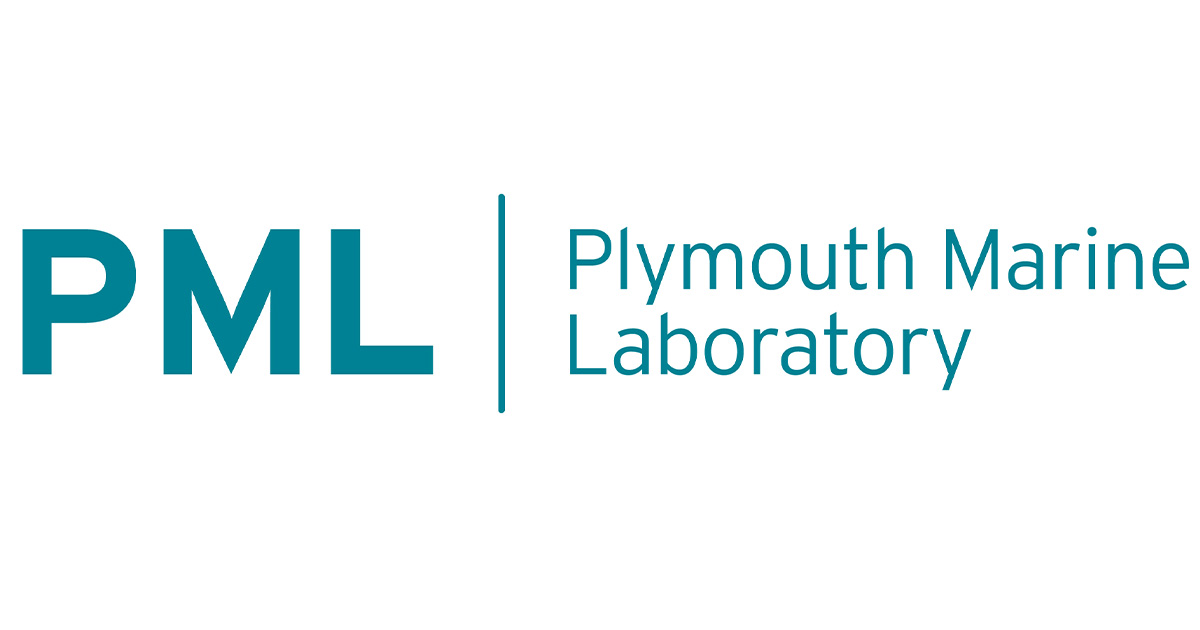Renowned internationally for its research excellence supporting a sustainable ocean, Plymouth Marine Laboratory (PML) is inviting applications for an exciting opportunity for two scientists to work in our remote sensing group.
PML has some 180 permanent employees, in addition to students and visiting researchers. Approximately 70% of our employees are permanent scientists, with the remainder being spread across operational groups. The jobs are open-ended (similar to tenured) positions, with no specified duration or end date.
Job Details
At a time when the fate of the ocean and its ecosystems are on a knife’s edge, and when key international initiatives such as the UN Sustainable Development Goals and the “double decade” of action (The Decade of Ocean Science for Sustainable Development, and the Decade of Ecosystem Restoration) are promoting new opportunities for ocean research, PML is inviting applications from remote sensing scientists keen to explore innovative and novel studies into two key areas of research:
- Ocean carbon cycle
- Water quality, ecosystem health and human health
The positions available are within our Earth Observation-Science team and involve using remote sensing to study the ocean carbon cycle and water quality in relation to human health. In addition, there are elements of modelling (ecosystem and epidemiological modelling), field observations, citizen science and outreach activities within these research topics.
Research within the topic of the ocean carbon cycle will focus, primarily, on improving existing algorithms for mapping various components of the biologically-relevant carbon pools (phytoplankton carbon, POC, DOC, PIC) and fluxes (primary and export production) in the global upper ocean, as well as studies in long-term trends and the ocean carbon budget. This work is supported by the Simons Foundation (CBIOMES2 to 2027), European Space Agency (SCOPE to 2026, OC-CCI to 2025, then Climate Space to 2030s), and the UK Natural Environment Research Council (FOCUS to 2027).
Research within the topic of water quality, ecosystem health and human health is devoted to the study of environmental factors, especially water quality as a determinant of health, diversity and dynamics of its microbial community, and its relevance as a determinant of outbreaks of water-borne infectious diseases. Current projects include ESA WIDGEON (to 2024), NERC FOCUS (till 2027), CBIOMES (to 2027), and Wellcome Trust’s WADIM (to 2029).
You will:
The selected candidates will work on existing projects and will be guided by PML’s senior scientific research team members who are leading these projects. They will carry out research within the projects, attend project meetings as required, and will contribute to timely deliverables. They will also have the opportunity to bring their own ideas into the projects, while staying within the overall objectives. PML is committed to the personal development of its scientific staff, and encourages new employees, in due course, to build collaborations within and beyond PML, and to actively seek new funding to pursue their own ideas, keeping within the remit of the laboratory.
To achieve this, you will have knowledge and or experience with:
- Have a PhD in oceanography or allied fields (such as physics, mathematics, biology, statistics), or equivalent experience.
- Be able to carry out satellite data processing or modelling.
- Have a keen interest in scientific writing and leading manuscripts for publication, as many of the key project deliverables are scientific manuscripts;
- Be interested in multi-disciplinary, innovative work of relevance to climate and human health.
- Be versatile, dynamic, self-motivated, willing and eager to learn new science and communicate it through publications and outreach activities.
- Be comfortable developing computer code and dealing with big data.
- Projects are international, and so good inter-personal skills, ability to work with people from different cultural backgrounds, and willingness to travel to meetings and to the field would be desirable.
Salary: £35,541 - £41,856 Scientist/£43,989 - £50,424 Snr Scientist (depending on experience)
Closing Date: November 24, 2023





